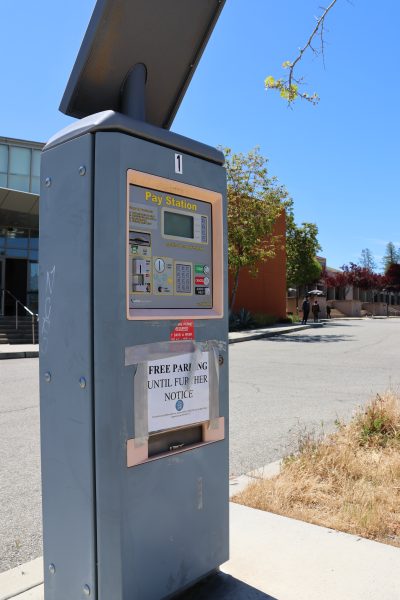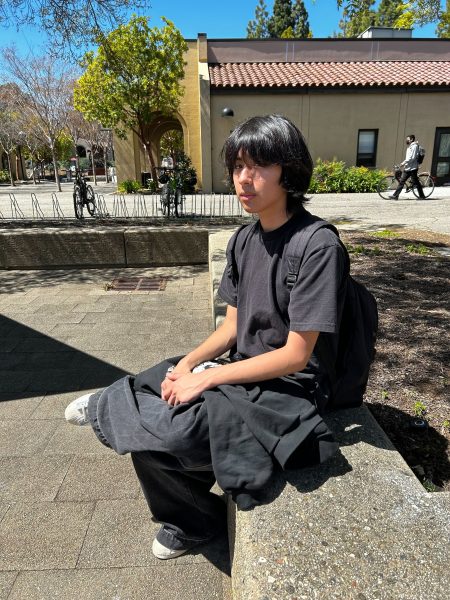College should support students’ self-care needs
College should support students’ self-care needs
By Casy Hsu, Staff Reporter
You look at the clock. You would like another hour of sleep, but you have to go to work, then class, and then study for class. There’s too little time and too much to do. Exhaustion and stress consume you.
It’s a way of life for most De Anza College students. But what if there was a way to alleviate stress, increase peace of mind, and boost energy? Wouldn’t you try it?
Across the nation, individuals are discovering the benefits of mindfulness and meditation. With stress on the rise, De Anza should provide a cohesive mindfulness program that supports the student body by offering on-going workshops, classes (that can be taken for credit or no credit option), online resources and weekly meditation sessions in a central and accessible location.
Mindfulness practice trains the mind to be in the present, instead of in the past or future where worry, fear and ruminations sprout from. Your brain space is freed up to address what’s happening “now” or to relax and rest if there is nothing to address in the present moment.
Within the last 10 years there has been a growing trend toward these practices, which provide relief from modern day stresses. A range of universities, from Harvard to University of California, San Diego, are offering students free or low-cost mindfulness classes, workshops, meditation spaces, and online resources. A few colleges even provide meditation retreats, recurrent student and faculty meditations, and one-on-one support. De Anza currently offers students a few campus resources on mindfulness, including a limited number of introductory meditation workshops at Psychological Services. However, the information is not posted on De Anza’s website, just on a flyer located in the Student Health Services office.
Personally, I have found meditation and mindfulness to be instrumental in reducing stress and increasing peace within myself. It has helped me navigate the challenges and demands of life with more ease and efficiency.
Introduced to meditation in high school, I rarely meditated or practiced mindfulness until a number of years later, when the cumulative stress in my life began to manifest in intense chronic pain and obliterating anxiety which paralyzed me from engaging and functioning in the world. Since committing to a regular meditation and mindfulness practice I live a more balanced, and less stressed existence, including a significant reduction in pain.
It’s simple yet profoundly effective in every area of one’s life – from reducing stress to improving relationships and performance. And it doesn’t take much out of your day to practice. You can start out with just few minutes a day; everyday moments provide opportunity to integrate the practice of mindfulness into your schedule, from waiting in line to biding time at a stop light. All you need is to be open, focus on your breath and ask yourself what is happening now, around you. (This doesn’t include looking at your phone!)
A multitude of medical studies have revealed the consequences of unaddressed levels of high or chronic stress – increased risk of heart disease, low immunity to illnesses, anxiety, insomnia, nausea and host of other physical ailments. Taking proactive preventative measures, such as enacting a comprehensive mindfulness program, is crucial for the emotional and physical health of De Anza students.








